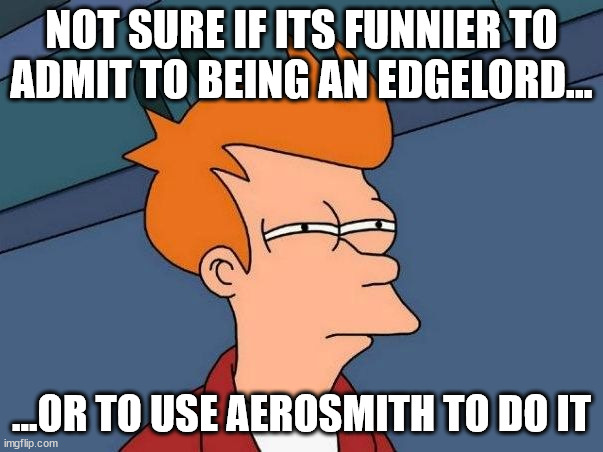bloodtide
Legend
My default is to make a hard, harsh, dangerous, bloody, gritty, vile, dark, world.
So most foes, and nearly all monsters fight to win and even more kill and slay.
Though, my world is also full of all types of creatures. So there are plenty of "goofy goblins" and "dumb giants" and even "foolish arrogant drow" and more.
But it's all under a cover of "common sense". The goblins guarding the Skull of Doom are NOT the goofy goblins that get thier heads stuck in buckets..yuck yuck yuck. Those goblins are the "rip your character apart into bloody chunks" while the player is still sitting there saying "what?...um...goblins?" and I tell the player their character is dead.
So most foes, and nearly all monsters fight to win and even more kill and slay.
Though, my world is also full of all types of creatures. So there are plenty of "goofy goblins" and "dumb giants" and even "foolish arrogant drow" and more.
But it's all under a cover of "common sense". The goblins guarding the Skull of Doom are NOT the goofy goblins that get thier heads stuck in buckets..yuck yuck yuck. Those goblins are the "rip your character apart into bloody chunks" while the player is still sitting there saying "what?...um...goblins?" and I tell the player their character is dead.



